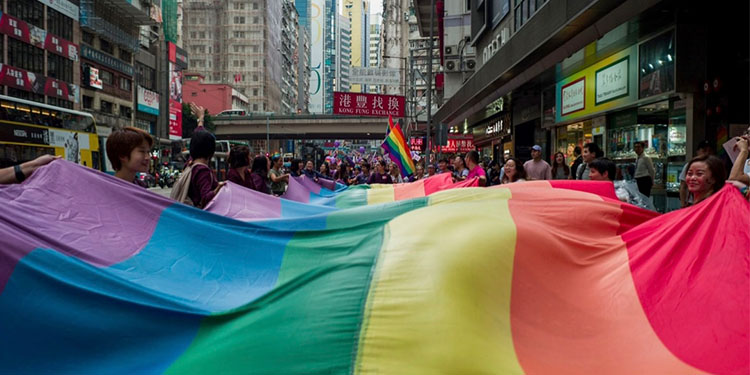Hong Kong has become the first Asian city to host the Gay Games, a significant event taking place despite opposition from rights activists and lawmakers opposed to LGBTQ efforts. The city, which lacks specific anti-discrimination laws for sexual orientation and does not recognize same-sex marriage, witnessed a legal victory in September when its top court set a two-year deadline to establish a legal framework for same-sex unions.
More than 2,300 athletes from 45 countries, including China, South Korea, Britain, and the United States, are participating, making this edition the most diverse in its 41-year history. Despite concerns related to Beijing’s national security law, which has led Taiwan’s delegation to withdraw, the organizers emphasize their commitment to inclusivity and diversity.
The games’ events include both traditional sports and Chinese-origin activities such as dragon boat racing and mahjong. The organizing committee, while facing opposition from some lawmakers and activists, maintains its focus on providing a platform for sports, arts, and culture without advocating specific political changes.
With events spread across private venues, universities, and schools, the games aim to promote a sense of community and acceptance. Despite challenges, the Gay Games in Hong Kong represent a significant step forward for LGBTQ visibility and acceptance in the region, offering a testament to the power of sports and cultural exchange in fostering understanding and unity.










